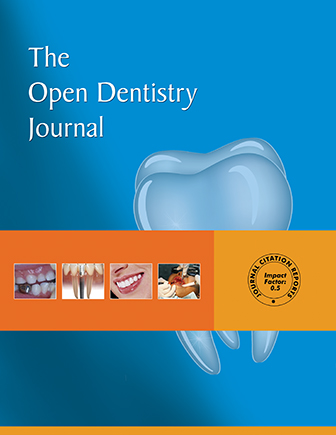Collagen Hydrogel Scaffold and Fibroblast Growth Factor-2 Accelerate Periodontal Healing of Class II Furcation Defects in Dog
Abstract
Objective:
Collagen hydrogel scaffold exhibits bio-safe properties and facilitates periodontal wound healing. However, regenerated tissue volume is insufficient. Fibroblast growth factor-2 (FGF2) up-regulates cell behaviors and subsequent wound healing. We evaluated whether periodontal wound healing is promoted by application of collagen hydrogel scaffold in combination with FGF2 in furcation defects in beagle dogs.
Methods:
Collagen hydrogel was fabricated from bovine type I collagen with an ascorbate-copper ion cross-linking system. Collagen hydrogel was mingled with FGF2 and injected into sponge-form collagen. Subsequently, FGF2 (50 µg)/collagen hydrogel scaffold and collagen hydrogel scaffold alone were implanted into class II furcation defects in dogs. In addition, no implantation was performed as a control. Histometric parameters were assessed at 10 days and 4 weeks after surgery.
Result:
FGF2 application to scaffold promoted considerable cell and tissue ingrowth containing numerous cells and blood vessel-like structure at day 10. At 4 weeks, reconstruction of alveolar bone was stimulated by implantation of scaffold loaded with FGF2. Furthermore, periodontal attachment, consisting of cementum-like tissue, periodontal ligament-like tissue and Sharpey’s fibers, was also repaired, indicating that FGF2-loaded scaffold guided self-assembly and then re-established the function of periodontal organs. Aberrant healing, such as ankylosis and root resorption, was not observed.
Conclusion:
FGF2-loaded collagen hydrogel scaffold possessed excellent biocompatibility and strongly promoted periodontal tissue engineering, including periodontal attachment re-organization.


